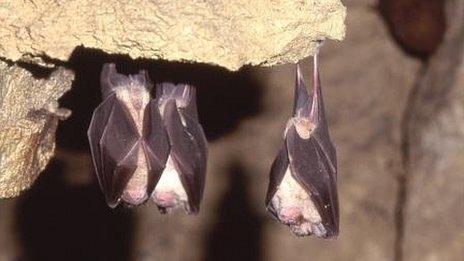Developer fined for destroying bat home in London
- Published
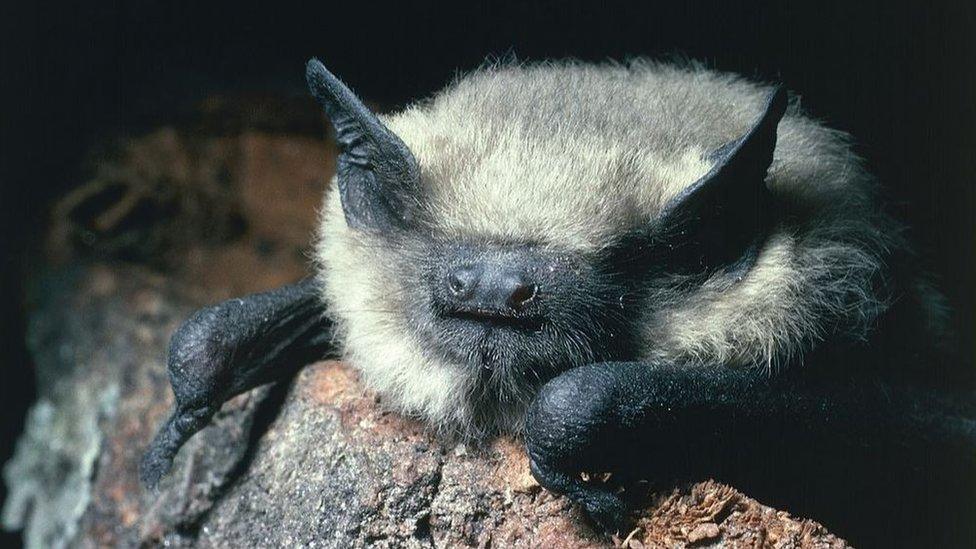
Common pipistrelle bats often use buildings as a place to hibernate in winter and roost in summer
Property developers who deliberately demolished a house containing protected bats have been fined £18,000.
Jenna Kara, 29, and Tina Kara, 34, directors of Landrose Developments Ltd, started tearing down the bungalow in Stanmore, north-west London, in 2016.
The company pleaded guilty at Willesden Magistrates' Court to damaging or destroying the breeding site.
District Judge Denis Brennan said the punishment for ignoring environmental law would "always outweigh" gain.
The court heard the developers had pressed ahead with the demolition despite an expert reporting the site was home to soprano pipistrelle bats - a protected species in the UK and Europe.
Surveys at the site also indicated the presence of common pipistrelle bats, which are another protected species.
Passing sentence, District Judge Brennan said: "In my judgment, the act of demolition was clearly deliberate and flew in the face of advice and knowledge of the existence of the bat roost.
"The most obvious effect is local but it also has national implications because these bats are an endangered species by the very fact of being protected."

Pipistrelle bats
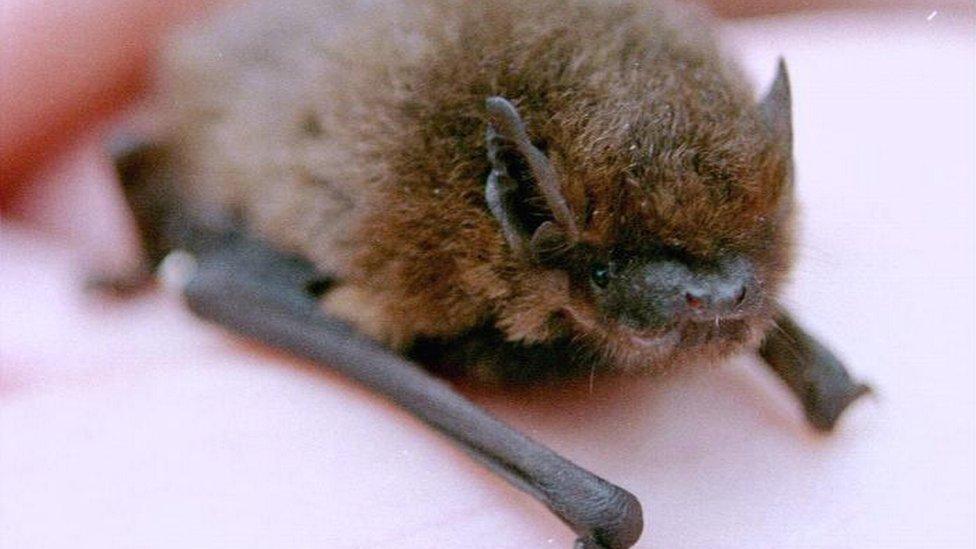
Pipistrelle bats are common throughout Britain
Pipistrelles are tiny bats with reddish-brown coats and blackish-brown ears, nose and wing membranes
They often use buildings as a place to hibernate in winter and roost in summer
Like other bats, pipistrelles are nocturnal
A single bat weighing up to 8g can eat 3,000 gnats in one night and they also eat moths and other small insects
Source: RSPB, external

The court heard that in a 2017 statement ecologist Jan Collins said the vast majority of offences against bats related to demolition and renovation of buildings.
Landrose Developments Ltd pleaded guilty to damaging or destroying a breeding site or resting place of a wild animal of a European protected species between September 2016 and June 2017.
The offence is contrary to the Conservation of Habitats and Species Regulations 2010 and means the company will be barred from bidding to do certain projects.
- Published15 March 2019
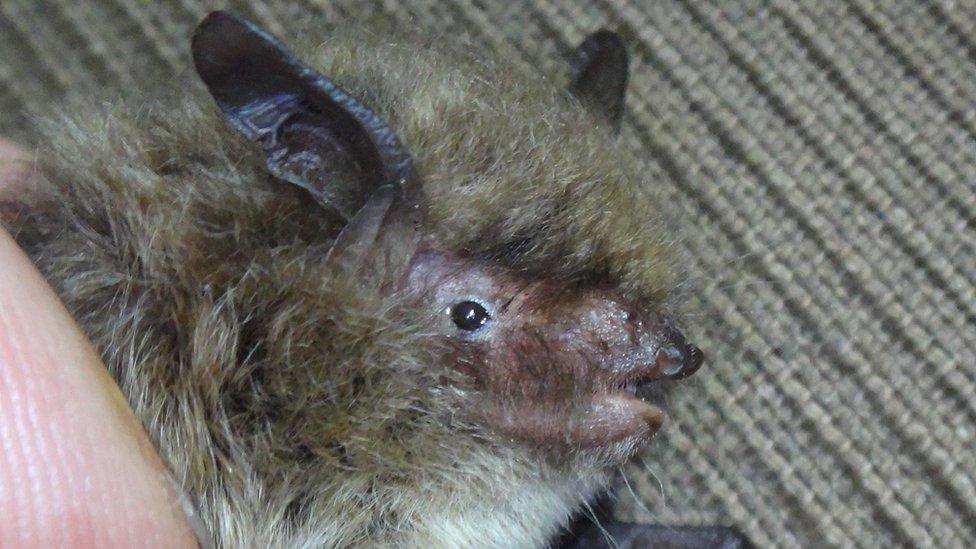
- Published12 January 2019
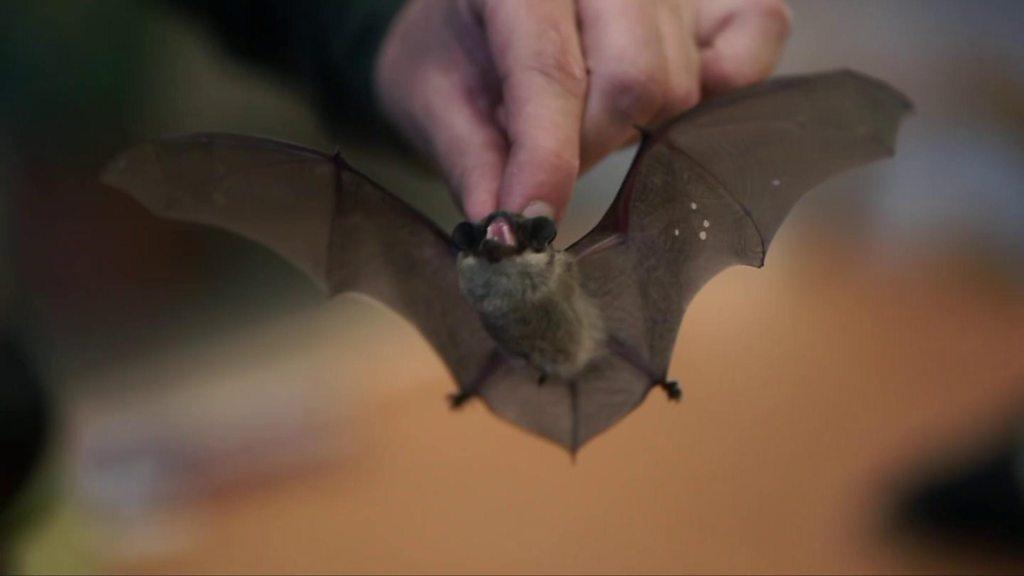
- Published23 October 2018
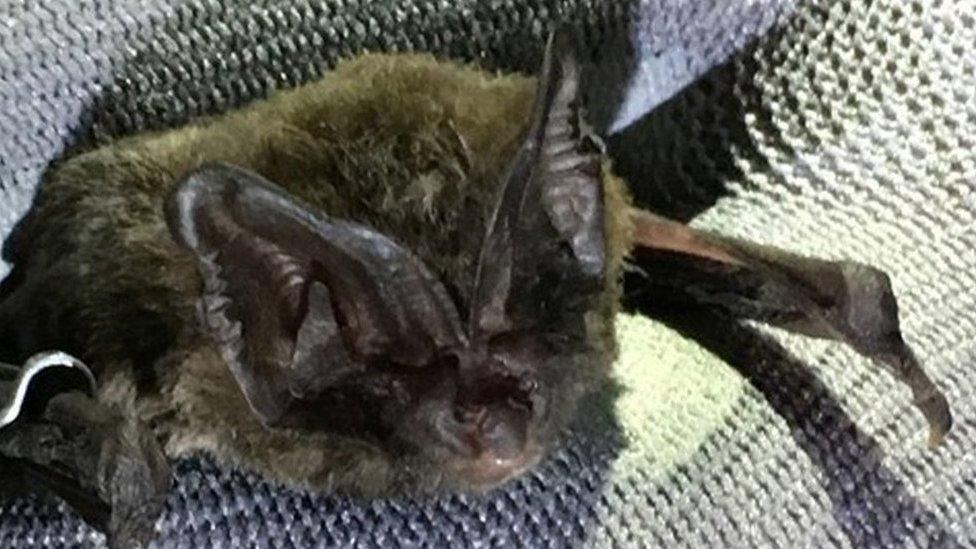
- Published4 May 2018
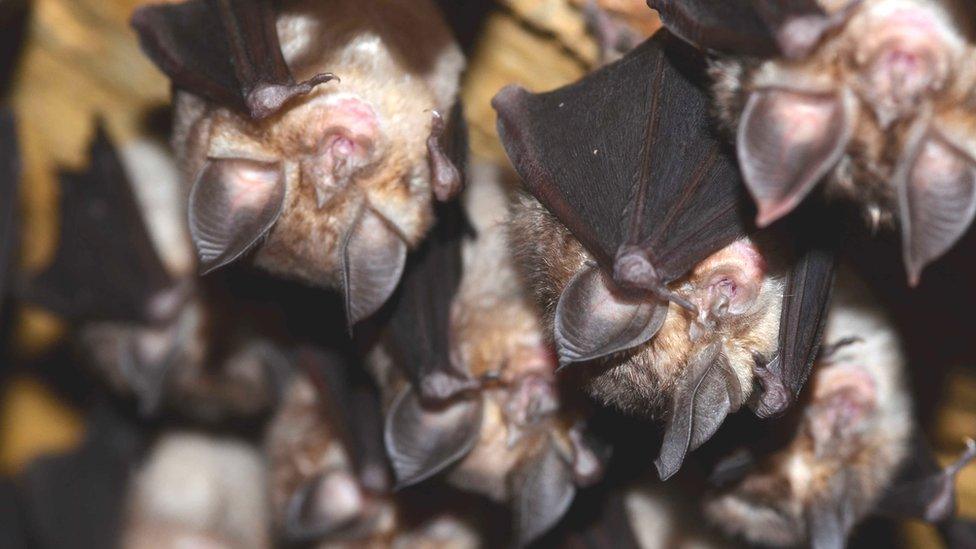
- Published25 January 2018
